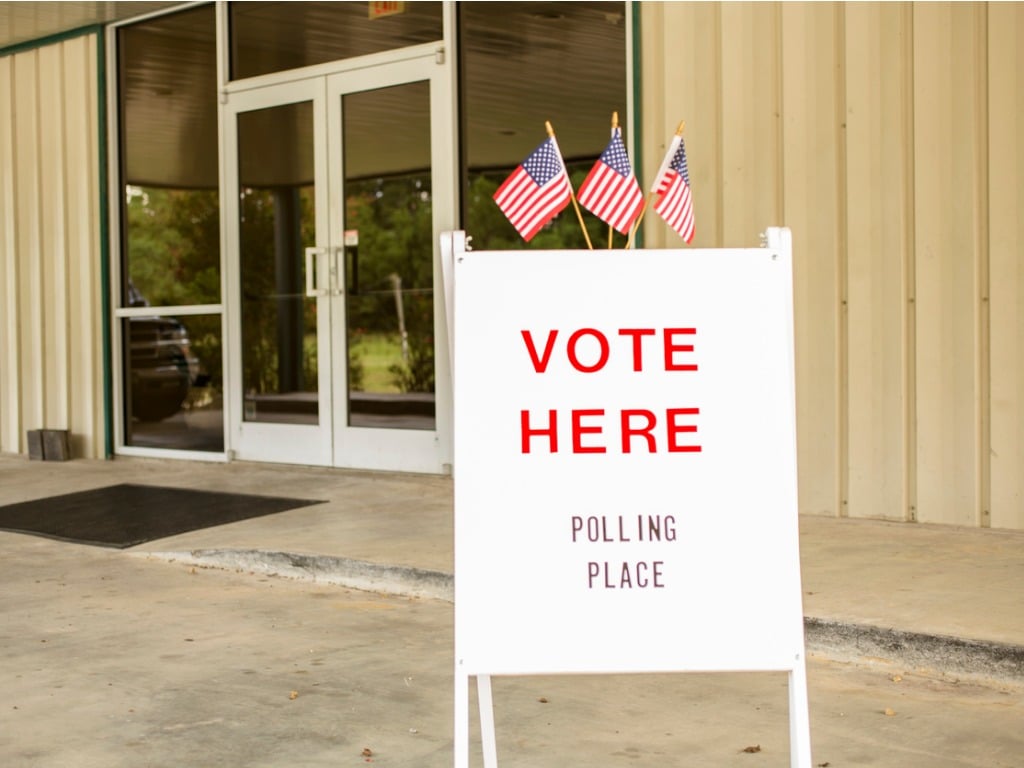As America heads into an intensely contested election during a highly tumultuous year, fears of voter intimidation loom large. On November 2, just one day before Election Day, the U.S. Department of Justice (DOJ) published a press release announcing “its plans for voting rights monitoring in jurisdictions around the country.” The press release additionally states that the DOJ “will also take complaints from the public nationwide regarding possible violations of the federal voting rights laws through its call center.”
Instances of voter intimidation have already occurred: The Denver Post reported on October 28 that the Colorado attorney general “sent a cease-and-desist order to the owner of a mobile home park who threatened to double the rent on tenants if Joe Biden wins the presidential race.” Additionally, several states’ Board of Elections like North Carolina have warned citizens about voter intimidation.
But what constitutes voter intimidation? The ACLU provides several examples of voter intimidation on its Voting Rights webpage. Examples include “aggressively questioning voters about their citizenship, criminal record, or other qualifications to vote,” “spreading false information about voter requirements,” and “other forms of harassment, particularly harassment targeting non-English speakers and voters of color,” according to the page. The DOJ also offers information about general voting rights on their website. The DOJ website also has a separate section about the voting laws they enforce.
What if I Experience Voter Intimidation?
If you experience voter intimidation at the polls, you can take several actions to report the activity. FindLaw.com recommends that you should first notify a poll worker or election supervisor. If appropriate, you can also call your state’s Board of Elections and/or report the situation to local law enforcement authorities.
There are also hotlines you can call to report voter intimidation. Nonpartisan coalition Election Protection has hotlines for voters to call with questions about voting or reports of voter intimidation (Note: there are different phone numbers for foreign languages). You can also contact the DOJ at their toll-free number (800- 253-3931). The DOJ website also has an online form where you can “report a Federal Voting Rights Violation.”
Additional Resources
It is best to check with your state or local board of elections to learn about voter intimidation laws. Additionally, several websites also offer information regarding voting rights. The National Association of Secretaries of State has compiled a list of state laws on “Authorized Poll Watchers and Voter Challenges. An October 20 article on voter intimidation from the Campaign Legal Center is also a great resource.
